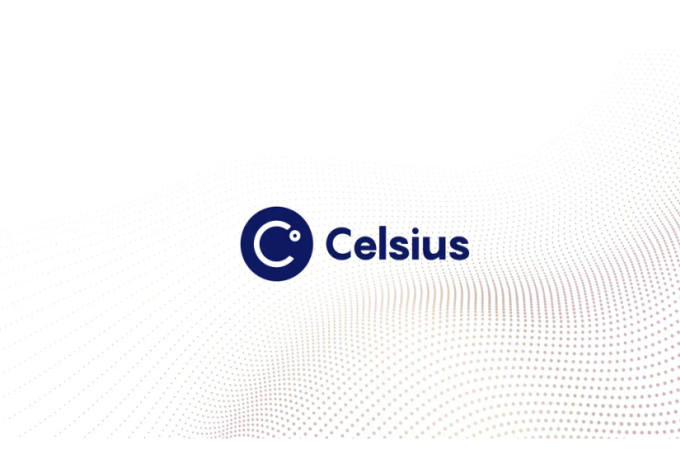
Brazil’s CBDC Project Drex Enters Second Phase with Global Players
The Central Bank of Brazil (BCB) has unveiled the next chapter in its ambitious Central Bank Digital Currency (CBDC) project, known as Drex. The bank has selected 13 themes for the second phase of its pilot program, drawing from a pool of 42 proposals submitted by various financial institutions and technology companies.
This new phase marks a significant step forward in Brazil’s journey towards a digital currency, as it aims to test the implementation of financial services through smart contracts on the Drex platform. The BCB will oversee 11 of the selected themes, while the remaining two fall under the purview of the Securities and Exchange Commission (CVM).
Among the notable participants in this phase are global financial giants Visa and Santander, alongside local powerhouses such as Bradesco, Itaú Unibanco, and the Brazilian stock exchange B3. Visa, in collaboration with Brazilian fintech Nubank and brokerage firm XP, will focus on optimizing the foreign exchange market using CBDC infrastructure. Santander, on the other hand, will explore the potential of CBDCs in automobile transactions and work on a project related to credit transactions and decarbonization.
The diverse range of themes selected for this phase includes credit collateralization, trade finance, liquidity pools for public bond trading, and transactions involving various financial instruments. This broad scope reflects the BCB’s commitment to thoroughly testing the capabilities and potential applications of its digital currency.
Roberto Campos Neto, President of the Central Bank of Brazil, commented on the progress: “The second phase of Drex represents a crucial step in our mission to create a robust and versatile digital currency. By involving a wide range of financial institutions and exploring diverse use cases, we aim to ensure that Drex will meet the needs of our evolving financial landscape.”
The Drex platform, built on a permissioned Ethereum network using Hyperledger Besu, will serve as the foundation for these tests. However, the central bank has emphasized the importance of addressing privacy concerns, which has led to a slight delay in the project’s timeline. The second phase is expected to last between 12 to 14 months.
In a move to broaden participation, the BCB plans to open a new call for applications in the third quarter of 2024. Successful applicants will be required to complete their smart contract tests by the end of June 2025, aligning with the bank’s revised timeline for the project.
As Brazil pushes forward with its CBDC initiative, the outcomes of this second phase will likely have far-reaching implications for the country’s financial system and could serve as a model for other nations exploring digital currencies. The world will be watching closely as Drex takes its next steps towards becoming a reality in Latin America’s largest economy.





